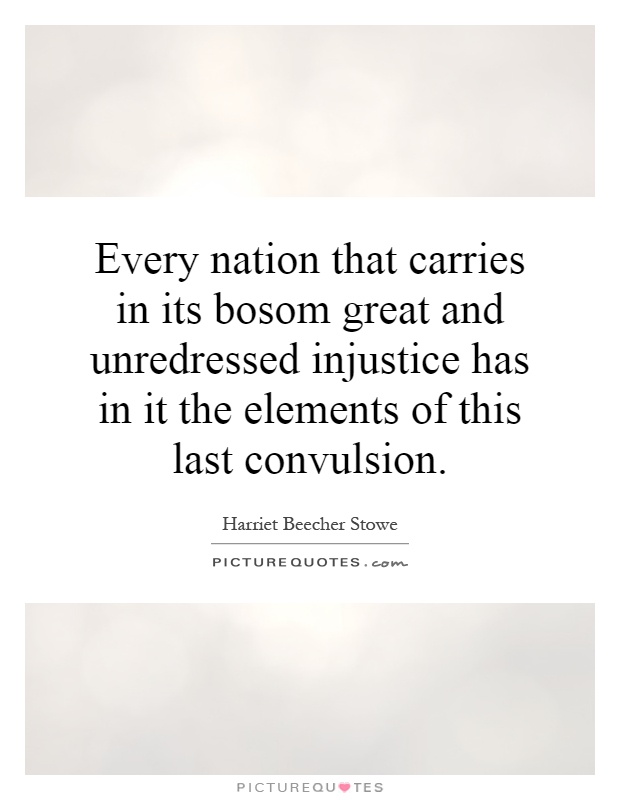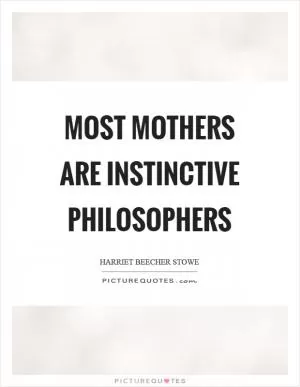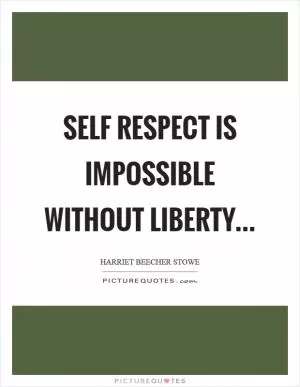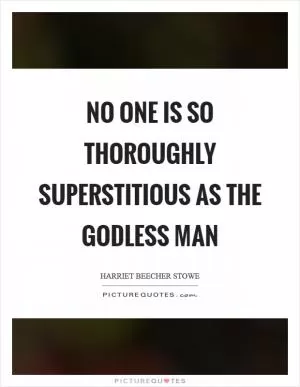Every nation that carries in its bosom great and unredressed injustice has in it the elements of this last convulsion

Every nation that carries in its bosom great and unredressed injustice has in it the elements of this last convulsion
Harriet Beecher Stowe, an American abolitionist and author, is best known for her novel "Uncle Tom's Cabin," which played a significant role in shaping public opinion about slavery in the United States. Stowe's work highlighted the brutal realities of slavery and the injustices faced by African Americans, sparking a national conversation about the morality of the institution.The quote "Every nation that carries in its bosom great and unredressed injustice has in it the elements of this last convulsion" speaks to the idea that unresolved injustices within a society can lead to upheaval and unrest. Stowe's novel brought to light the deep-seated injustices of slavery in America, and the impact of her work was profound. The novel sold over 300,000 copies in its first year of publication and was translated into multiple languages, reaching audiences around the world.
Stowe's portrayal of the inhumane treatment of enslaved individuals struck a chord with readers and helped to galvanize the abolitionist movement. The novel humanized enslaved individuals and challenged the prevailing beliefs about race and slavery. Stowe's work was instrumental in shifting public opinion and ultimately contributing to the abolition of slavery in the United States.
The quote can be interpreted as a warning that societies built on injustice are inherently unstable and prone to collapse. In the case of the United States, the institution of slavery was a glaring injustice that threatened the fabric of the nation. Stowe's novel served as a catalyst for change, pushing the country towards a reckoning with its past and paving the way for the abolition of slavery.












 Friendship Quotes
Friendship Quotes Love Quotes
Love Quotes Life Quotes
Life Quotes Funny Quotes
Funny Quotes Motivational Quotes
Motivational Quotes Inspirational Quotes
Inspirational Quotes